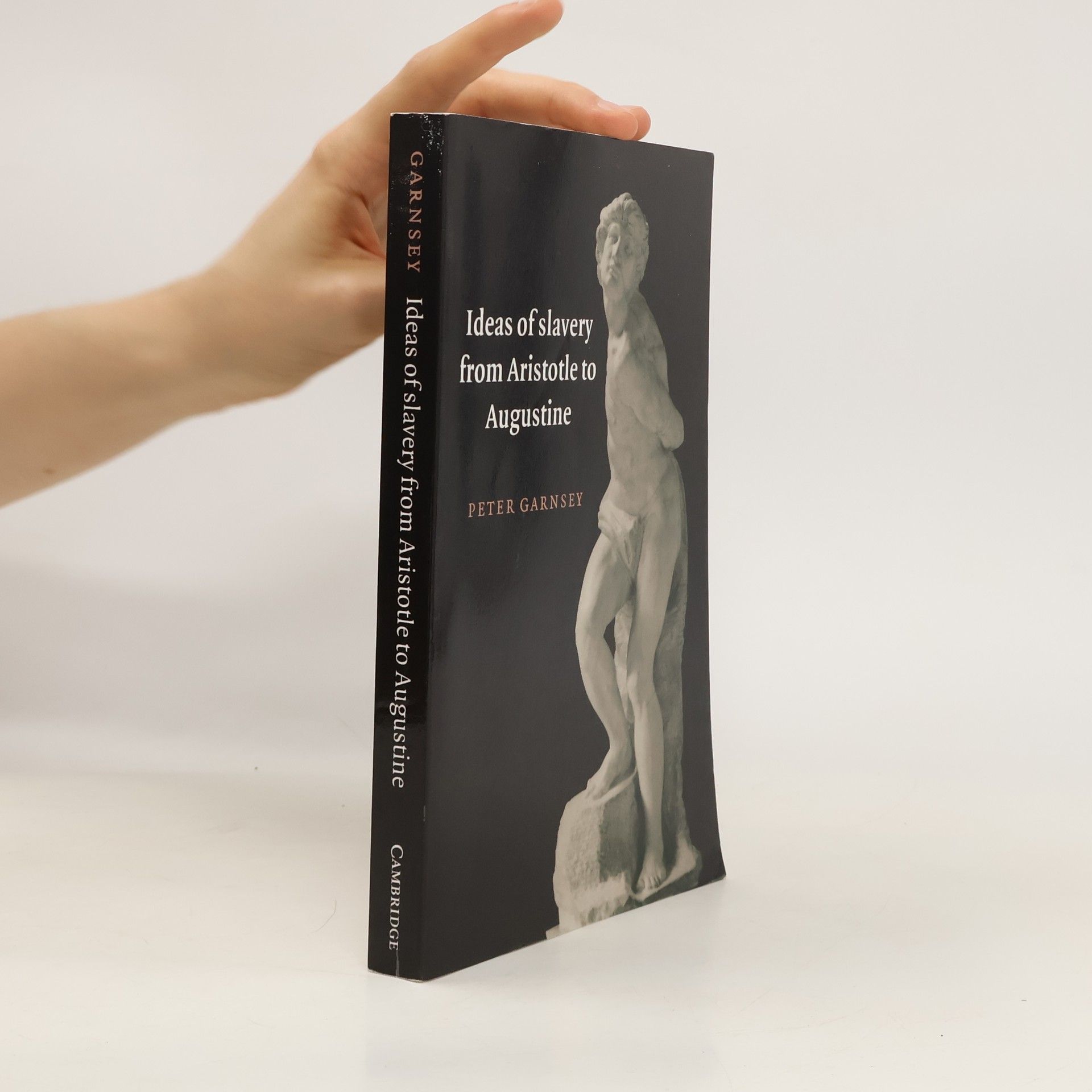A unique and comprehensive account of attitudes to slavery in ancient Greece and Rome.
Peter Garnsey Livres
22 octobre 1938
Peter Garnsey est Professeur Émérite d'histoire de l'Antiquité Classique. Ses centres d'intérêt de recherche portent sur la théorie politique, l'histoire intellectuelle, l'histoire sociale et économique, l'alimentation, la famine et la nutrition, ainsi que l'anthropologie physique. Il approfondit la compréhension de ces aspects historiques.
